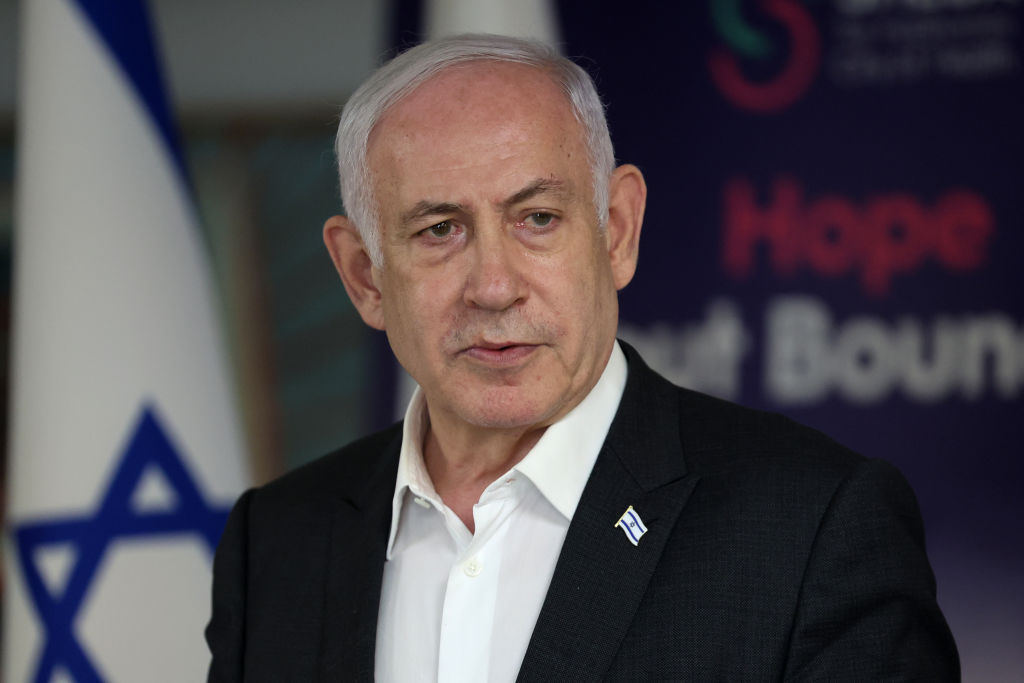Israel destroyed Iran’s internal security headquarters in Tehran on Thursday while Iranian missiles struck a major Israeli medical facility, marking a dramatic escalation in the seven-day conflict between the West Asian adversaries. The simultaneous attacks on critical infrastructure represent the most intense phase of direct military confrontation between the two nations in recent history.
Israeli forces targeted multiple strategic sites across Iran, including government facilities in Tehran and the nearby city of Karaj, as well as Payam airport. The strikes came hours after Iran launched missiles that hit the Soroka Medical Center in Beersheba, southern Israel, which serves as a primary treatment facility for Israeli military personnel. While the hospital sustained significant structural damage, casualty reports remained limited as portions of the facility had been evacuated in anticipation of potential attacks.
Israeli Leadership Condemns Attack, Vows Escalation
The attack on Soroka Medical Center has sparked strong condemnation from Israeli leadership. Prime Minister Benjamin Netanyahu and Defense Minister Israel Katz have announced plans to intensify military operations targeting strategic sites across Iran. The Israeli military has already launched strikes on key locations, including the Arak Heavy Water Reactor and facilities in Natanz, as part of efforts to degrade Iran’s nuclear and missile production capabilities.
Iranian state media confirmed there is no radiation threat from the Arak facility, adding that personnel had been safely evacuated before the attack. While Netanyahu clarified that regime change in Iran is not an official Israeli objective, he acknowledged that sustained military pressure on government institutions could eventually lead to such an outcome.
U.S. Signals Deliberate Ambiguity
Meanwhile, U.S. President Donald Trump has maintained a deliberately vague stance when pressed about possible American military involvement in Israel’s strikes on Iran. The White House has signaled that a decision on whether the United States will join the conflict is expected within the next two weeks.
Iranian Supreme Leader Ali Khamenei has responded to American statements with warnings of “irreversible harm” should the United States choose to intervene militarily. European nations, while condemning Iran as a destabilizing force and reiterating that Iran must not acquire nuclear weapons, have also called for diplomacy and urged both sides to reduce tensions.
Diplomatic Push from Europe
There’s a push for renewed negotiations on Iran’s nuclear program, with some European officials stressing that diplomacy, not regime change, is the preferred approach. The EU has also activated civil protection mechanisms to assist citizens wishing to leave the region.














